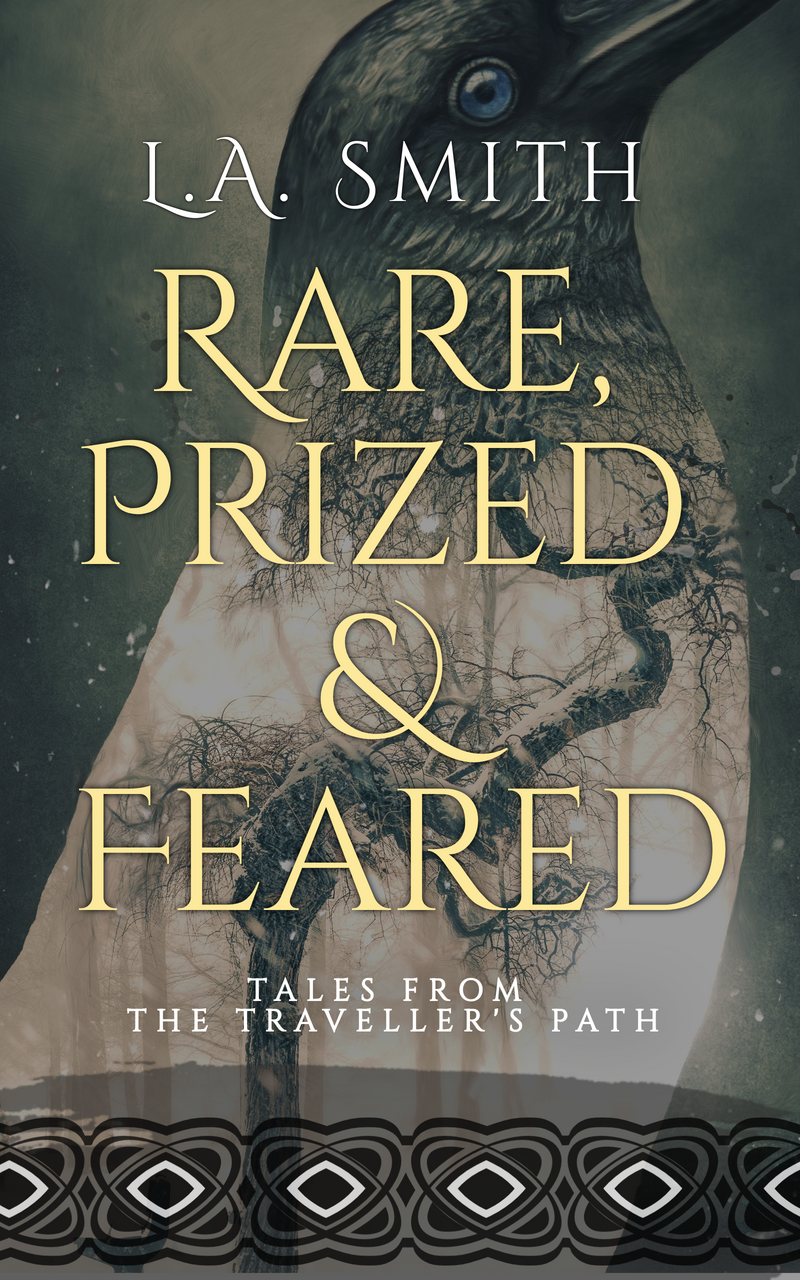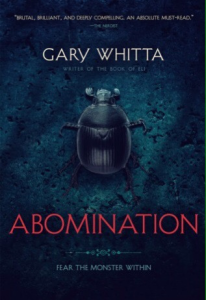
Newsletter
Yes! Send me my FREE short story collection and sign me up for those exclusive subscriber goodies!
We value your privacy, and will never spam you! View our privacy policy at lasmithwriter.com/privacy

Yes! Send me my FREE short story collection and sign me up for those exclusive subscriber goodies!
We value your privacy, and will never spam you! View our privacy policy at lasmithwriter.com/privacy

The year is 888 AD, and Alfred the Great is the king of the last remaining English kingdom of Wessex. He has made an uneasy peace with the fierce Norsemen and Wessex has enjoyed relief from the long years of war that the Danes brought to England’s shores. But rumours are beginning that a second wave of invasions are coming, and Guthrum, the Danish King Alfred had entered a truce with, is nearing death.
So when Aethelred, Archbishop of Canterbury, tells Alfred that he has found some ancient scrolls containing incantations and rites that could create horrible monsters from ordinary animals, Alfred is intrigued. Aethelred sees this as a way to create an invincible army against the Danes, and although Alfred is troubled by the occultish nature of the rites, he agrees to let Aethelred try to use this knowledge to defeat the Danes once and for all.
But of course things rarely go as planned and soon Alfred is faced with the problem of an army of abominations led by Aethelred, who has gone mad under the influence of the dark powers he has been dabbling with. Athelred sends his most trusted warrior, Wulfric, to deal with the problem, who soon discovers that Aethelred has one last incantation up his sleeve that results in terrible consequences for Wulfric and all he loves…..
Although Abomination is his first novel, Gary Whitta is not a new writer. He is a screenwriter with several impressive credentials to his name; in particular, he was the screenwriter for The Book of Eli, the blockbuster post apocalyptic thriller starring Denzel Washington. He was a co-recipient of a BAFTA award for his work as story consultant and writer on Telltale Games’ interactive adaptation of The Walking Dead, and has also worked with Lucasfilm on Star Wars projects for both film and television.
So, needless to say, Whitta knows how to tell a good story, and Abomination doesn’t disappoint. It is a historical fantasy thriller that sucks you in and keeps you reading. Be warned, there is some violence, suspense and dark fantasy here, but it’s all in moderation. I was surprised, however, to find a couple of places in the book where I noticed rapid point of view switches from one paragraph to another. This was the only fault I found in an otherwise well-constructed book.
Of course, seeing as one of my favourite kings, Alfred the Great, is one of the characters, and that the book takes place in Dark Ages England, I was inclined to like it right away. The history part of it is pretty light, though, Alfred has only a minor part at the beginning and then disappears from the book, and Whitta isn’t too concerned with making his setting too heavy on historical details. But that’s ok. It was a perfect summer reading book – a story that doesn’t tax your brain too much but is a fun ride with the appropriate twists and turns to keep you guessing.
The central character, Wulfric, is a sympathetic reluctant hero, who would rather be home with his wife and newborn babe than scouring the countryside in search of Aethelred and his abominations. I liked him right away, and when the first section of the book closed with the terrible event that sets the stage for the rest of the book which continues fifteen years later, I could hardly wait to find out what had happened to him. This section of the book introduces the second main character, Indra, a young woman on a quest to fulfill the requirements of becoming a member of the Order her father founded to hunt down and kill the remaining abominations. But they are few and far between now, and her quest brings her squarely into the path of Wulfric, who is harbouring a terrible secret.
Whitta’s Book of Eli had some definite spiritual themes in it, and I was interested to see some here as well, albeit not as overt. Bishop Aethelred is responsible for the abominations, but Whitta includes the brave priest Cuthbert who opposes him and places where Indra quotes Scripture to explain why she comes to the rescue of the down-and-out Wulfric. The fact that I noticed this shows you just how rare it is to see Christianity depicted in anything but a negative fashion in most contemporary fiction.
All in all, I enjoyed this book and am looking forward to what else Gary Whitta might have next!